The budget for Horizon 2020 is nearly €80 billion and its overall impact is intended to be even bigger since public investment should also attract private investors. For most projects, the proportion of EU funding cannot exceed a certain percentage (generally 70%) of the whole budget, and therefore other forms of funding are connected to each of the projects.
The different fields which receive financial support can be viewed on the website of the European Commission. They include industrial technology, solutions to different societal challenges and connecting science to society. In each of these many fields, there are specific calls for projects. A project which wishes to get funding from the European Commission should meet the requirements described in the call. For instance, according to a presentation given at a meeting in Brussels in June, future calls related to transport will include one which supports the development of automatic pilots for passenger cars and one which funds neighbourhood-level transport innovations.
The overall criteria and the areas of focus are affected by the priorities set in the work programme of the European Commission. For instance, growth and jobs are an important element in everything the current Commission does, which can also be seen in funding criteria: if a university can demonstrate how its research can be efficiently transformed into new jobs, its application is likely to be strong. On the other hand, if climate change had a bigger presence in the priorities of the current Commission, it can be that more Horizon 2020 programme sections would be dedicated to environmental innovation.
Some of the topics of these calls get very specific and most of the time it’s not a piece of cake to get funding. A typical length for an application is around fifteen pages and all of it should be ’on point’. Aid is available for those applying for support since different authorities, such as national innovation agencies, organise events in which Commission officials and other experts give advice concerning what an excellent application is like. Common pieces of advice include ”read every word in the call text: for example, tackle the right number of challenges presented in the communication, according to the instructions” and ”a project should have a big enough impact on society – it should not concentrate on research only”. What makes all of this important is the fact that competition is tough in most fields, especially now that national funding for such projects has been reduced in some countries.
Not all of the calls the Commission releases are looking for projects in search of money, though. Another type of call is a ”call for experts”. The experts selected through this application process are responsible for evaluating the copious applications received and that way helping the Commission to ensure that the most deserving projects are the ones that get taxpayer money. Help from these experts is also needed for the design of application procedures and other policies. In the specific case of the SME (small and medium-sized enterprise) instrument, which helps SMEs with innovative ideas to turn ideas into business, experts selected through calls act as coaches for companies which have been successful in their application processes.
Creating new ideas and being ahead of the others is the secret for success for developed areas like Europe. By funding projects which bring innovations to the market, the European Commission can promote that type of economic activity. European funds such as Horizon 2020 help channel money to the projects which are the most likely to promote growth – in the ideal case, the fierce competition created by the international dimension of the programme ensures that no money is wasted.
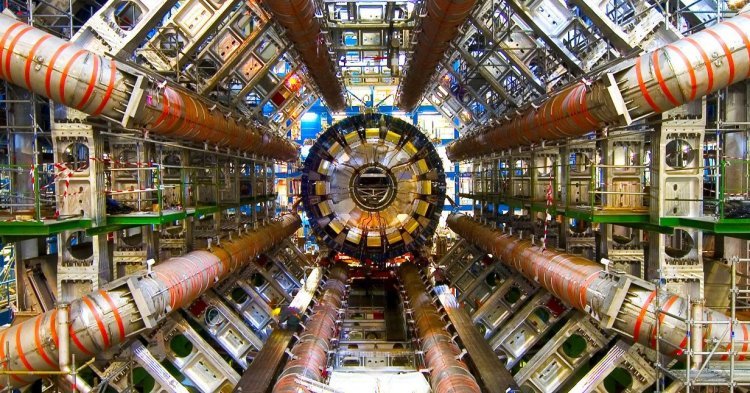

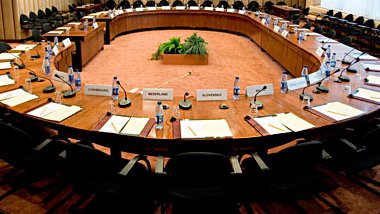

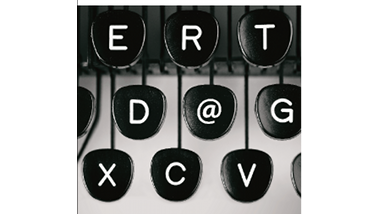
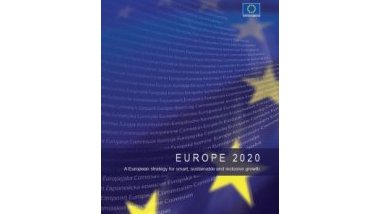
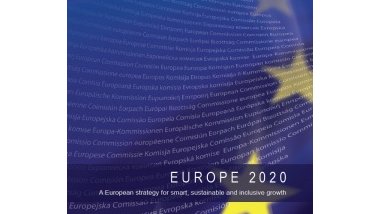

Follow the comments: |
|
